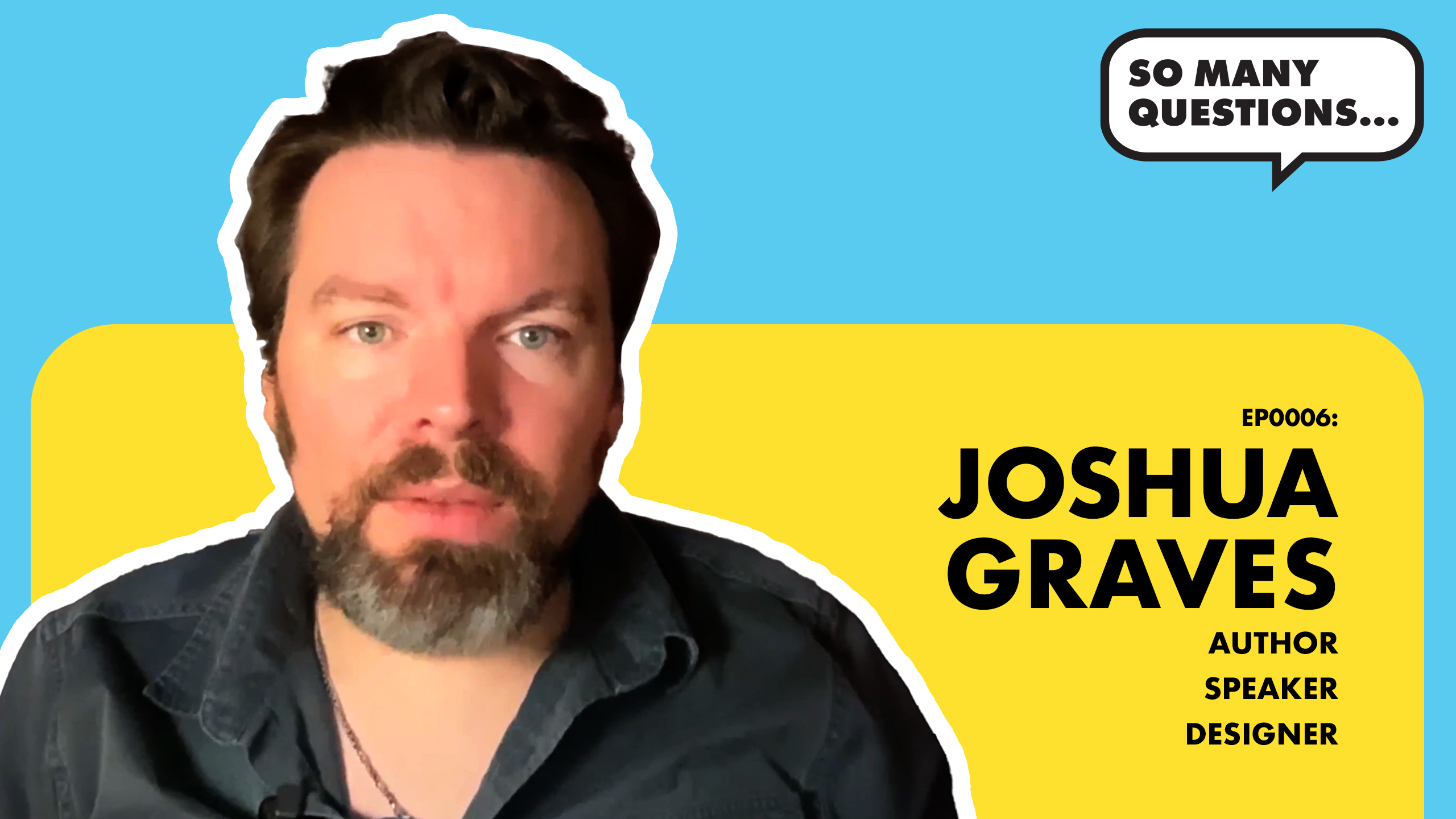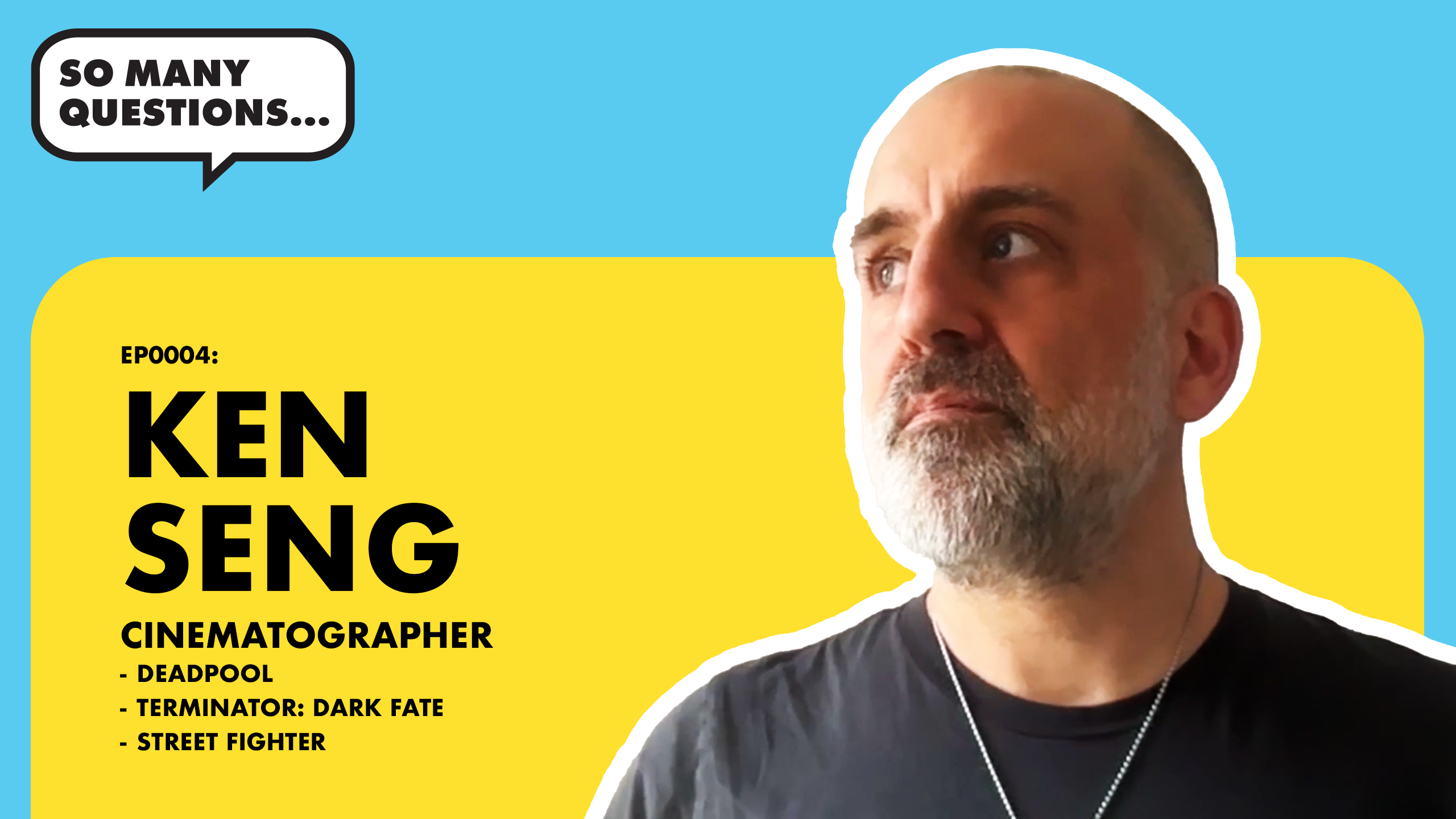Episode 0003: Rob Bell
available on:
In this episode, Kendall sits down with Rob Bell (author, speaker, playwright, and former pastor) for a conversation that blends memory, creativity, and meaning. They revisit formative moments from Rob’s early years, explore how art, music, and faith have shaped his perspective, and dive into the themes of connection and shared humanity that run through his work today. The discussion is both personal and expansive, touching on how core experiences echo across a lifetime and why storytelling remains essential in times of change.
Question of the week:
What is your favorite word?

